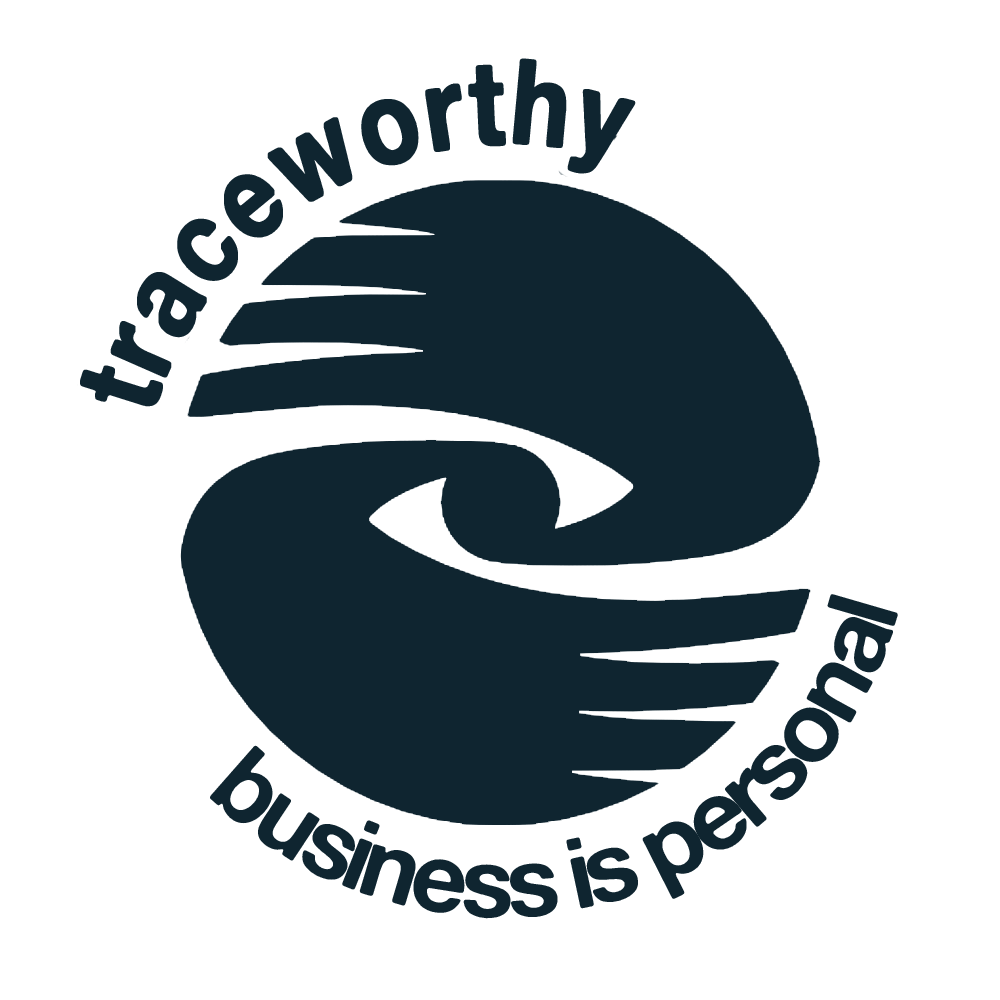From Structure to Uncertainty
Shifting from employee to entrepreneur is a transformative journey, especially for expats who are used to structured roles and steady employment. When moving to business ownership, particularly in Bali, expats often discover that entrepreneurship demands a completely different mindset. Imagine dedicating over 30 years to a stable career you believe in, only to realise that it no longer aligns with your values. For one couple in Bali, this realisation sparked the decision to start a business aimed at empowering educators, a project that demanded they rethink every aspect of their professional lives.
The journey from employee to entrepreneur involves embracing independence, accountability, and a willingness to adapt. If you are considering or have started this transition, reflecting on your own beliefs and expectations can help you prepare. What mindsets from employment might you need to reassess?
Unpacking the Employee vs. Entrepreneur Mindset
It is common for people transitioning from employment to business ownership to assume some familiar elements will carry over. However, the journey from employee to entrepreneur reveals key differences that often take new entrepreneurs by surprise.
The couple from Bali entered entrepreneurship with extensive experience in education, expecting that their collaborative routines and structured roles would easily translate. However, they quickly learned that as business owners, every decision carried significant weight, with no department head or supervisor to consult. The transition required them to shoulder complete accountability—a major shift from the shared responsibilities of employment.
Entrepreneurship also introduces a tolerance for risk that employment does not demand. Like many others, this couple initially found the volume of unpredictable elements in business ownership overwhelming. Unlike the structured nature of employment, where risks are distributed, becoming an entrepreneur often feels like navigating uncharted waters alone. Adaptability and flexibility quickly became essential qualities.
What routines or habits from employment might you need to leave behind as you transition from employee to entrepreneur?
Embracing Personal Transformation Through Conflict Resolution
One of the most unexpected aspects of the transition from employee to entrepreneur can be how it impacts personal relationships, especially when couples go into business together. For this couple, managing a business together was nothing like the roles they had previously experienced. Decisions that once felt simple in their personal lives became challenging when reframed within a business context.
Recognising this early, Tracy, TraceWorthy’s Founder, introduced the couple to communication strategies for clearly distinguishing between personal and business conversations. Through a series of tailored workshops, Tracy guided them in building communication skills suited to their entrepreneurial roles. She also developed a unique communication tool to help them practice separating work-related discussions from personal interactions, reducing tension and enhancing their workflow.
Practical Tip: Setting conversation boundaries can prevent conflicts in business relationships. Designate specific times for business discussions—or agree to keep work topics out of personal spaces—to maintain balance.
If you are working with a partner, have you considered how to establish boundaries between personal and business interactions?
Building an Entrepreneurial Mindset Through Self-Reflection and Learning
Transitioning from employee to entrepreneur also requires an open, growth-focused mindset. Rather than seeing challenges as setbacks, entrepreneurship demands that you view them as opportunities to learn and adapt. Although the couple had considerable experience in leadership roles, they initially struggled with the unstructured nature of entrepreneurship.
Tracy encouraged the couple to engage in self-reflection, challenging them to redefine their expectations. With her guidance, they began viewing their entrepreneurial journey as a chance to grow, not just professionally but also personally. They adopted practices like journaling and goal-setting to stay focused and grounded, seeing entrepreneurship as an evolving journey rather than a set “job.”
Practical Tip: Engaging in self-reflection can support your development as an entrepreneur. Practices like journaling or setting personal goals can help you stay aligned with your values and purpose.
What steps can you take to ensure your journey from employee to entrepreneur aligns with both your personal and professional values?
Embracing Flexibility and Adaptability in a New Landscape
A critical lesson for many new business owners is understanding the value of flexibility. Initially, the couple approached their new venture with the same structured planning they were accustomed to in education. They soon realised that rigid adherence to a plan was counterproductive.
For example, their initial pricing for courses and workshops was based on an idealised view of client affordability, without fully accounting for their own operational costs. They had undervalued their offerings because they had not factored in additional time required for administration and governance. Tracy introduced a calculation tool to help them set sustainable pricing, allowing them to accurately reflect their true time commitment.
Practical Tip: Regularly revisiting and adjusting your plans can help you stay aligned with changing circumstances. Being flexible allows you to pivot and seize new opportunities.
How open are you to adapting your plans to meet new challenges and opportunities?
Takeaways: Key Shifts from Employee to Entrepreneurial Mindset
Transitioning from employee to entrepreneur requires redefining routines, managing relationships differently, and embracing flexibility. The couple’s journey in Bali highlights these shifts, demonstrating that entrepreneurship is as much about personal growth as it is about business success.
- Embrace Accountability: As an entrepreneur, you are the decision-maker. Your actions directly impact the success of your business.
- Set Boundaries: Establish clear lines between personal and professional roles, especially if you work with a partner.
- Value Learning and Flexibility: View each challenge as an opportunity to learn and grow.
While this transformation may feel challenging, it also offers immense personal rewards. Remember that every step forward in your journey from employee to entrepreneur reflects your growth and resilience.
Reflecting on Your Journey
The transition from employment to business ownership is a powerful opportunity for growth and self-discovery. By redefining routines, setting boundaries, and staying adaptable, you can navigate this shift successfully and thrive as an entrepreneur.
If you are considering or have started this journey from employee to entrepreneur, take a moment to reflect: what support might benefit you along the way? TraceWorthy is here to provide the tools and guidance needed to make your vision a reality.
Let us support you in building a business that reflects both your professional goals and personal values.

